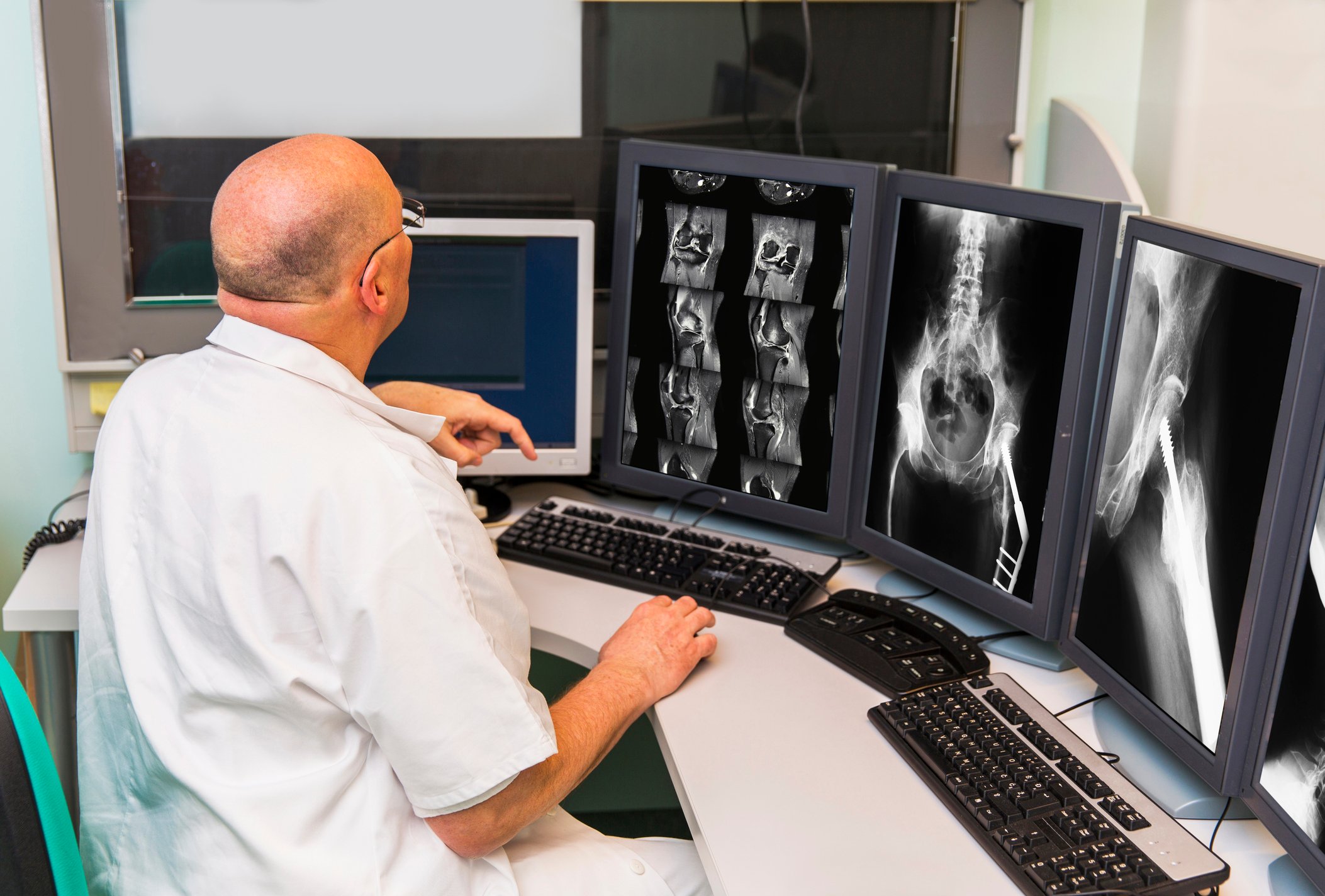Although we don't believe in timing the market or panicking over market movements, we do like to keep an eye on big changes -- just in case they're material to our investing thesis.
What: Shares of Insmed (INSM 4.15%), a clinical-stage biopharmaceutical company focused on developing inhaled therapies to treat lung diseases, rocketed higher by as much as 16% after announcing positive open label data from a mid-stage study involving lead experimental compound Arikayce for treatment-resistant nontuberculous mycobacterial (NTM) lung infections.
So what: According to Insmed's early afternoon release, which caused quite the spike in its share price and was presented via a poster at the American Thoracic Society's annual meeting in San Diego, Calif., of the 78 patients that agreed to receive once-daily Arikayce plus the standard care of treatment for an additional 84 days (following a previous 12 weeks of treatment), 21 of those patients were NTM-negative by day 168. As Insmed points out, 10 of these patients were culture negative at day 84, as well as five Arikayce patients and six placebo patients that switched to Arikayce during the open-label trial. Based on this data Insmed plans to discuss with the Food and Drug Administration its next development steps, although it applied for the breakthrough therapy designation last month.
Now what: Keep in mind that this is the same stock that tumbled just two months ago after reporting that Arikayce met a number of key secondary endpoints in a mid-stage study involving NTM lung infections, but that missed its primary endpoint due to a high p-value (a measure that determines how much chance rather the medication could have factored into the results). On one hand we're seeing a clearly positive trend toward more negative cultures in the Arikayce arm compared to the placebo. On the other, a higher number of adverse events than the placebo and missing its primary endpoint has to give investors cause for concern. I'm personally continuing to monitor Arikayce's development, but I'm doing it from the sidelines and would suggest investors do the same. There's no guarantee it receives breakthrough therapy status or that its secondary endpoints can carry it to an approval. It would be great for treatment-resistant NTM patients if it worked out and they received a new treatment option, but I'm still seeing too much conflicting data to put my support behind this mid-stage investigational drug as of yet.





